“It is our duty to fight for our freedom.
It is our duty to win.
We must love each other and support each other.
We have nothing to lose but our chains.”
Assata Shakur was born JoAnne Deborah Byron on July 16, 1947, in Jamaica, Queens, New York City. Her early educational career took a backseat to her involvement in the struggle to bring liberation to her people. She was more apt to take part in a sit-in or demonstration at college than to spend time poring over books and listening to dry, Eurocentric academic lectures. Her main subject of study was Black history and Black struggle.
Her first arrest came in 1967 for “trespassing.” She and 100 other students had chained and locked the entrance to a building at the Borough of Manhattan Community College in protest of a lack of Black faculty and neglect of the study of Black history. She eventually joined the Black Panther Party for Self Defense after graduating from college at 23, becoming a leader in the Party’s branch in Harlem. She vehemently criticized the organization’s marked “lack of knowledge of Black history,” and also criticized the backwardness on gender and sexuality issues, eventually leaving.
Shakur then joined the BLA (Black Liberation Army), a revolutionary organization dedicated to the liberation of the oppressed Black nation by any means necessary, in 1971. She also became active in the Republic of New Afrika movement, devoted to liberating several key Southern states for the establishment of an independent nation for descendants of Africans enslaved and brought to the Americas.
Like many other revolutionary freedom fighters in the 1960s and 1970s, Shakur eventually found herself the subject of COINTELPRO violence and harassment. A campaign was launched by the FBI to tie her to every single action committed or allegedly committed by the BLA in which a woman was involved, and every single bank robbery perpetrated by a Black woman. This effort to frame-up this revolutionary came to a head on May 2, 1973, when New Jersey State Trooper Werner Foerster was shot to death, Shakur was wounded, and her comrade Zayd Shakur was shot to death in a confrontation on the New Jersey Turnpike.
Shakur was arrested for the alleged murder and taken to a hospital, where she was tortured mercilessly by law enforcement. This started a series of legal outrages, including being placed in solitary confinement for weeks on end, psychological and physical torture, and judicial railroading. On April 25, 1977, Assata Shakur was sentenced to spend the rest of her natural life in prison for such charges as “aiding and abetting a murder,” “armed robbery,” “assault,” and “contempt of court,” which was applied when Shakur refused to rise for the judge when he entered the courtroom.
On November 2, 1979, Shakur was liberated from prison by her BLA comrades. She lived as a fugitive for several years (during which her family and friends suffered intense police and FBI scrutiny and harassment) before being granted political asylum in Cuba, where she resides to this day. Assata Shakur fully exemplifies the duty of the revolutionary to the people they struggle to liberate, which is to serve, work diligently, and ultimately, to be prepared to die for those people.
Sources:
http://www.independent.co.uk/news/cubas-american-refugees-1162033.html
http://www.hartford-hwp.com/archives/45a/089.html
http://www.theguardian.com/world/2013/may/03/fbi-wanted-first-woman-joanne-chesimard?INTCMP=SRCH
http://assatashakur.org/appeal_case_facts_2005.htm
http://www.assatashakur.org/escape2.htm

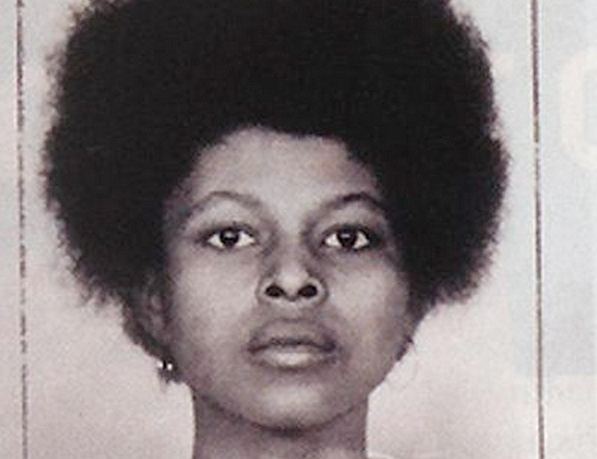



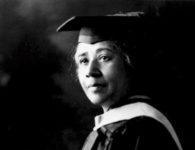
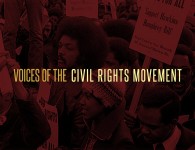
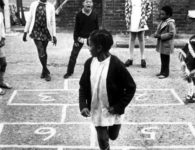



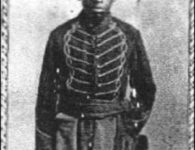



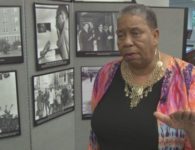
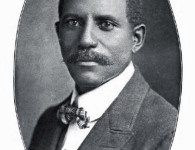

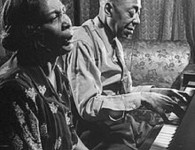

1 Comment
A extremely brief history, much less informative than a Wiki paragraph. “liberated” from prison? lol What a joke article